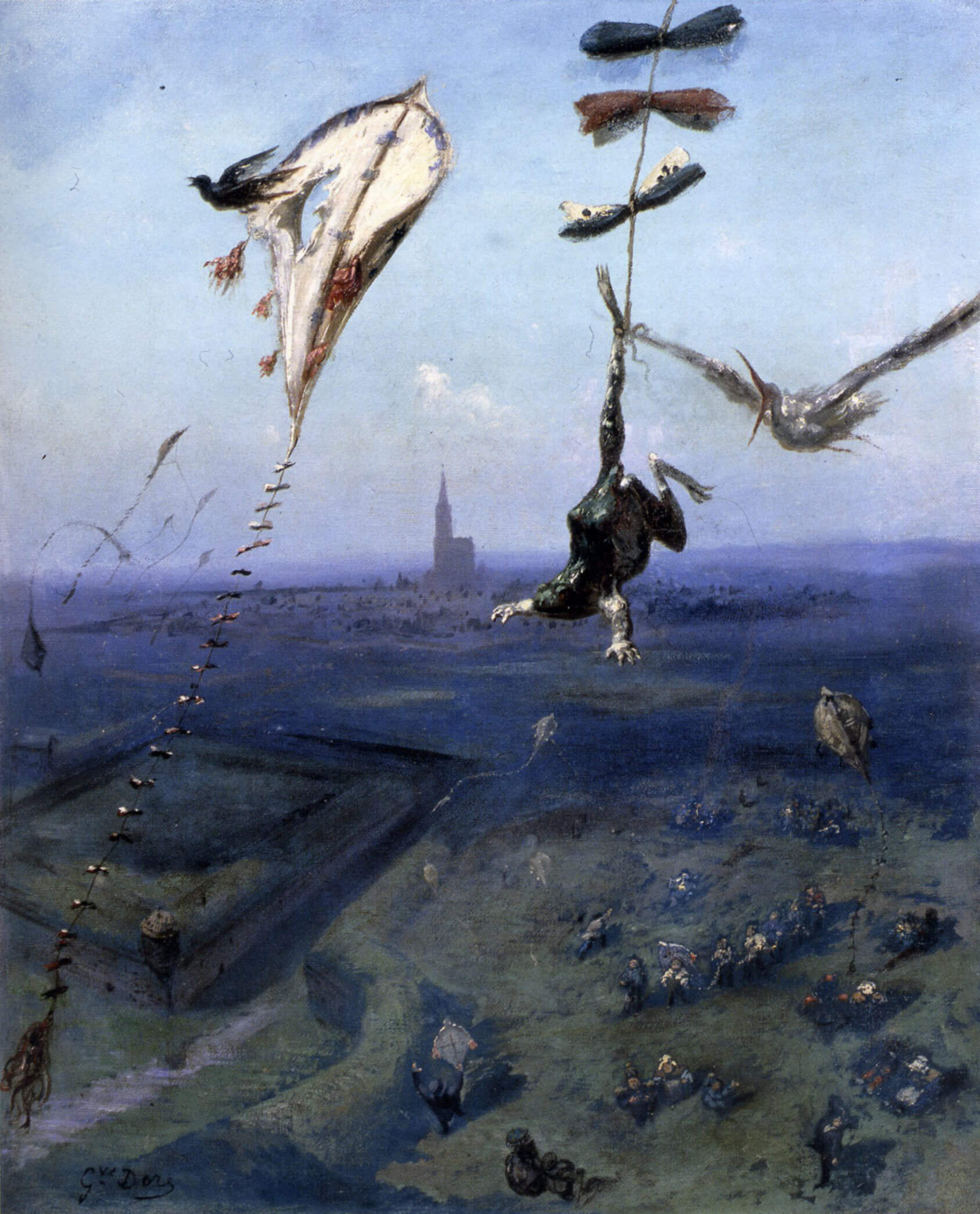Tra Terra e Cielo
15.09.2023 H14:15-18:30
16.09.2023 H09:30-13:30
Entrance: via Liguria 20
15.09.2023 H14:15-18:30
16.09.2023 H09:30-13:30
Entrance: via Liguria 20
The conference will be held at Istituto Svizzero in Rome and online.
REGISTER IN PRESENCE
To attend in Rome on Friday 15.09.2023, register here.
To attend in Rome on Saturday 16.09.2023, register here.
REGISTER ON ZOOM
To follow online on 15.09.2023, register here.
To follow online on 16.09.2023, register here.
Istituto Svizzero
Via Liguria 20, Rome
Free entrance
Between Earth and Heaven
History, politics and religion in interaction in Rome through the centuries
In a well-known passage, Polybius (6.56) points to the highly politicised character of Roman religion as the main reason for the superiority of Rome and its constitution. The close relationship between respect for religious practices and good management of public affairs that characterises both Roman religious and political ideology emerges with particular clarity at delicate moments of change and transition, which inevitably entail new reflections and often the search for new balances.
This international conference aims to investigate this broad and fundamentally important theme from the peculiar perspective of the literary representation of exemplary figures from Roman history, whose evocation and the terms in which it occurs become an opportunity for a rethinking, and possibly a redefinition, of the relations between religion and politics.
Characters from the history of Rome will be understood as figures from the mythical past of the Urbs, evoked in debates centred on political events far removed from them, as well as historical figures, and possibly even contemporary to the authors dealing with them, whose literary transfiguration will be analysed. Of particular interest will be the construction of these figures in the political-religious debate that characterises Rome both during epochal changes, such as the transition from the republic to the Augustan principality, or at the time of the affirmation of Christianity as the ’state religion‘, and during less drastic transitional phases that were nonetheless capable of mobilising a subtle play of balances, such as the moments of imperial succession. Specific attention will be paid to the processes, of fundamental importance in political-religious reflection, of deification (with the phenomenon of catasterism connected to it) and, in the Christian sphere, of sanctification.
The presence of contributions that will address this theme, in a diachronic light, from the late republican age to the advent of Christianity, will make it possible to highlight elements of continuity and variation in religious reflection and political debate, and to question about them. In order to better investigate this theme in the complexity of its articulations, the conference aims to bring into dialogue, in an interdisciplinary perspective, the properly literary approach to Latin texts with historical, historical-religious and anthropological perspectives.
The event is organized in collaboration with the University of Lausanne and the Università degli Studi di Milano Statale, with the support of AMA ISR.
Organizers:
Alessandra Rolle (University of Lausanne) is currently Maître assistant in Latin language and literature at the University of Lausanne. After completing her doctorate in Florence, she was an SNSF researcher in Lausanne, a research fellow at the Scuola Normale di Pisa, a visiting scholar in London (UCL) and Toronto (University of Toronto), and an adjunct professor at the University for Foreigners of Perugia. In the academic year 2020-2021, she was a fellow at Istituto Svizzero in Rome. Her main fields of research are Varro’s work, Roman religion, declamation and Latin rhetoric. She has published two books on these topics in addition to numerous international articles.
Elena Merli (Università degli Studi di Milano Statale) is associate professor of Latin literature at the University of Milan Statale. She trained at the Scuola Normale in Pisa and has taught in Berlin and L’Aquila. Her main research interests concern Roman poetry, both from the point of view of literary genres and of the relationship with recipients and audiences. She is the author of two monographs and numerous international articles.
Chiara Torre (Università degli Studi di Milano Statale) is Professor of Latin Literature at the University of Milan Statale. She trained at the universities of Genoa and Milan. Her main research concerns philosophical and scientific thought and is conducted with an interdisciplinary approach. She is the author of a monograph, a commentary and numerous articles that have appeared in international platforms, as well as the editor of miscellaneous volumes.
The event may be photographed and/or video recorded for archival, educational, and related promotional purposes. By attending this event, you are giving your consent to be photographed and/or video recorded.
Programme:
Friday 15.09.2023
H14:15 ― Introduction: Alessandra Rolle (University of Lausanne)
Chair: Alessandra Rolle
H14:30 ― Paola Moretti (University of Milan Statale), ‚Aula Dei claris radiat speciosa metallis‘ (ILCV 1784): spazi e cerimoniali della corte ‘terrena’ nell’immaginario della latinità cristiana
H15:20 ― Elena Merli (University of Milan Statale), ‘Dal dominus et deus all’optimus senator‘: la rappresentazione di Traiano in Marziale
H16:10 ― Break
H16:30 ― Mario Citroni (Scuola Normale Superiore, Pisa-Florence), Figura divina e magistrato: immagini dell’imperatore nella letteratura di età flavia
H17:20 ― Chiara Torre (University of Milan Statale), Il ’sapiens‘ in Seneca e la strana storia degli animali del fuoco (tra il cielo e la terra?)
Saturday 16.09.2023
Chair: Danielle van Mal-Maeder
H09:30 ― Damien Nelis (University of Geneva), Heaven and earth, the cosmic and the local in Vergil’s Georgics
H10:20 ― Giorgio Ferri (Sapienza University of Rome), ‚Cum Gallis pro salute, non pro gloria certare‘. Il sacco gallico e la costruzione mitica della resilienza di Roma
H11:10 ― Break
H11:30 ― Olivier Thévenaz (University of Lausanne) ‘Ossa Quirini‘: avatars romuléens entre ‚Épodes‘ et ‚Odes‘ d’Horace
H12:20 ― Francesca Prescendi (École Pratique des Hautes Études, Paris/University of Geneva) ‘Acca Larentia, una mortale nel calendario romano’
Conclusions
Gustave Doré ‘Entre Ciel et Terre’, 1862, Musée d'Art et d'Histoire - Belfort
